Many people will find this book a bit odd, due to its style and content. The authors hope so. Throughout the book, different fonts, different-colored pages and startling design choices force readers to change perspectives. These graphic disunities metaphorically underscore the need for new viewpoints and curiosity. Consultants Steven D’Souza and Diana Renner want to inspire. They draw on myriad disciplines to illustrate the necessity and value of not knowing. getAbstract recommends their entertaining treatise to anyone seeking new routes to knowledge, creativity, spirituality and greater productivity.
Knowing Is Dangerous
Contemporary culture tells you that knowledge is good. As more people become knowledge workers who “think for a living,” their income depends on what they know. “Hard-wired” biological rewards in your brain celebrate certainty. If you feel uncertain or have to wait for answers in an ambiguous situation, your brain treats that edginess as a dangerous circumstance. It seeks certainty and order. If it doesn’t find them, it will create them.
Knowledge has drawbacks. Most people suffer from biased self-perceptions. You may see yourself as “above average” and be overconfident about how much you know. Up to 94% of all professors think their work is better than average. Surgeons in training trust their diagnoses more than they should, and clinical psychologists think their predictions are more accurate than they are. People in these industries must avoid overconfidence.
Training in a field may blind you to information that comes from outside of it. Specialized training makes it hard to think about your specialty in simple terms or to explain it simply. People who learn a field’s specialized language wield it to appear knowledgeable even when they...









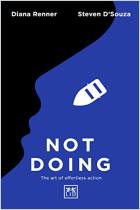
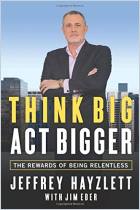
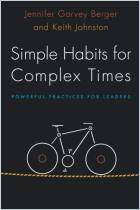
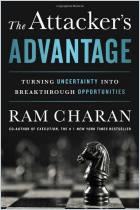
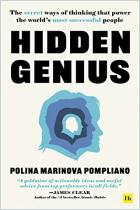
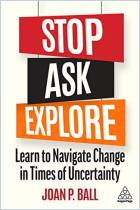
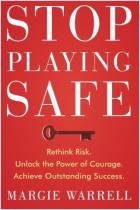

Comment on this summary or Comenzar discusión